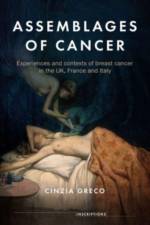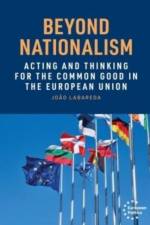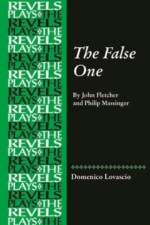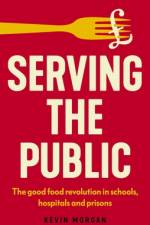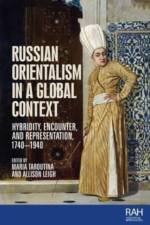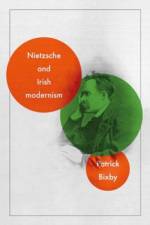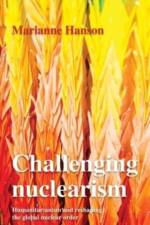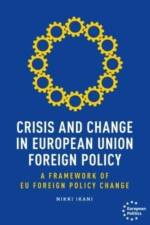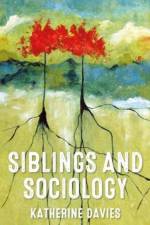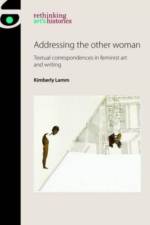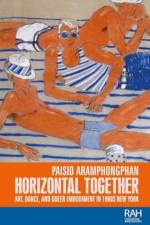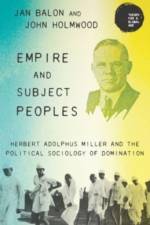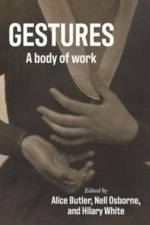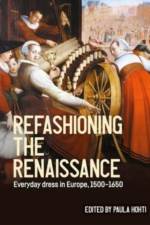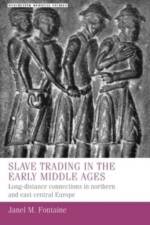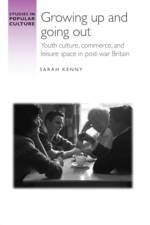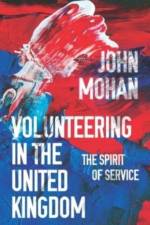387
Tattoos in crime and detective narratives: Marking and remarking examines representations of the tattoo and tattooing in literature, television and film from two periods of tattoo renaissance (1851-1914, and c. 1955 to present). The book aids our understanding of the crime and detective genre and the ways in which tattoos act as a mimetic device that marks and remarks these narratives in complex ways. Tattooing is focused on as a bodily narrative, incorporating the critical perspectives of posthumanism, spatiality, postcolonialism, embodiment and gender studies. The importance of the tattoo is explored through analysis of the writings of early genre exponents of detective fiction including Louisa May Alcott, Edgar Allan Poe, Arthur Conan Doyle, and the contemporary rebirth of the tattoo through the writings of Stieg Larsson, Sarah Hall, Alan Kent, Caryl Férey, Jeffery Deaver, Peter Robinson and China Miéville, amongst others. The volume includes a separate section on children's literature, examining the work of J. K. Rowling and Lemony Snicket in particular. Sections on film and television focus on Christopher Nolan's Memento, adaptations of the Bounty mutiny, and the television series Supernatural, Dark angel, Criminal minds, CSI: NY, and Law and order. The collection will have a broad appeal, and will be of interest to all literature and media scholars, but in particular those with an interest in crime and detective narratives, and skin studies.


